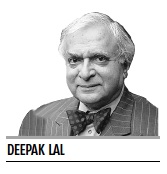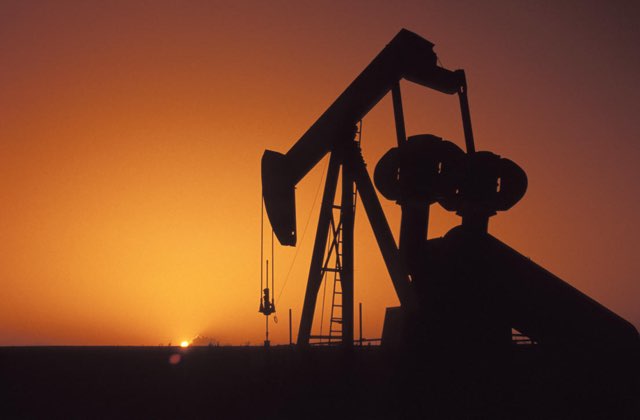 With the shale oil revolution and the end of the petrodollar, the US is set to hit its enemies where it hurts the most – in their pockets
With the shale oil revolution and the end of the petrodollar, the US is set to hit its enemies where it hurts the most – in their pockets
Ever since Saudi Arabia unleashed the “oil weapon” after the 1973 Yom Kippur war and seriously damaged the US economy, I have always wondered why it did not take over the Saudi oilfields by force? A financial newsletter which has just come across my desk provides the answer. Its editor, Jim Rickards, in an article (“R.I.P. the petrodollar”, Strategic Intelligence, August 2016) discloses that in February 1974, he was asked by Robert Tucker, the head of the American Foreign Policy Institute, to join him and four other foreign policy experts for a meeting with Henry …
Read more here (pdf) Bustan 0816 Geopolitics of oil and the dollar deepak lal1 Deepak Lal is the James S. Coleman Professor Emeritus of International Development Studies at the University of California at Los Angeles, professor emeritus of political economy at University College London, and a senior fellow at the Cato Institute. He was a member of the Indian Foreign Service (1963-66) and has served as a consultant to the Indian Planning Commission, the World Bank, the Organization for Economic Cooperation and Development, various UN agencies, South Korea, and Sri Lanka. From 1984 to 1987 he was research administrator at the World Bank. Lal is the author of a number of books, including The Poverty of Development Economics; The Hindu Equilibrium; Against Dirigisme; The Political Economy of Poverty, Equity and Growth; Unintended Consequences: The Impact of Factor Endowments, Culture, and Politics on Long-Run Economic Performance; and Reviving the Invisible Hand: The Case for Classical Liberalism in the 21st Century.


